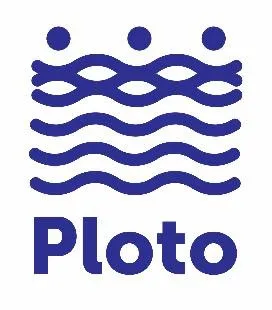Project duration: 01.09.2022 - 28.02.2026.
Pilot areas: Belgium, Hungary, Romania
The aim of the project:
With the help of the Greek partners organizing the PLOTO project and the participants of MÁV-START Zrt.,
RSOE and the Budapest University of Technology and Economics from the Hungarian side,
, we map the port area with complex systems, in order to be able to act prepared in the event of a flood or other emergency.
The aim of the project is to manage multiple environmental risks, to provide intelligent,
, quick and efficient responses, as well as to support operational, strategic adaptation and mitigating measures.
The project accelerates the transition of the freight transport and logistics
sector to greater automation, digitization, standardization and interoperability of processes,
technology and logistics.
Expected result of the project:
The results of the PLOTO project are expected to further strengthen the high standards of
productivity and efficiency of the European freight and logistics sectors, while ensuring the reliable
availability of the network even in adverse conditions such as extreme weather, earthquakes and
other hazards.
- Climate-aware crisis management with real-time information on weather conditions
- Risk models and vulnerability assessment of IWW elements for multiple threats
- An analysis framework that enables the information flow from the hazard
to the risk/resilience of the system
- Modeling and simulation environment to assess IWW resilience and potential impacts
due to various hazards
Implementation of PLOTO integrated prototypes and project pilots based on
the defined scenarios
Expected effects:
- Ensuring the navigability of inland waterways by ensuring at least 50% capacity
in case of extreme weather events
- Increases infrastructure resilience to extreme weather and human-caused events
by ensuring at least 80% network-level capacity
during disruptions
- Ensuring the mobility of these infrastructures and the flexibility and smooth operation
of freight transport/logistics networks
- Increases the use of recycled materials within or between modes of transport
by at least 30%
- Reduces environmental impacts (emissions, soil/water pollution, degradation of ecosystems) during the construction, maintenance, operation and decommissioning
of infrastructure in accordance with EU environmental legislation
.
